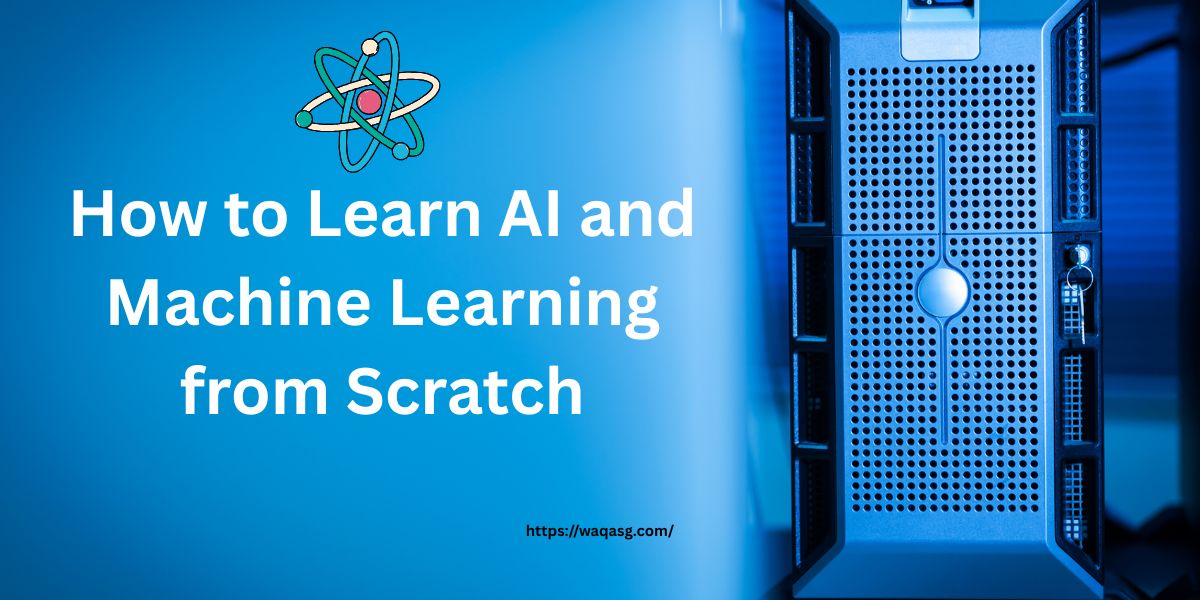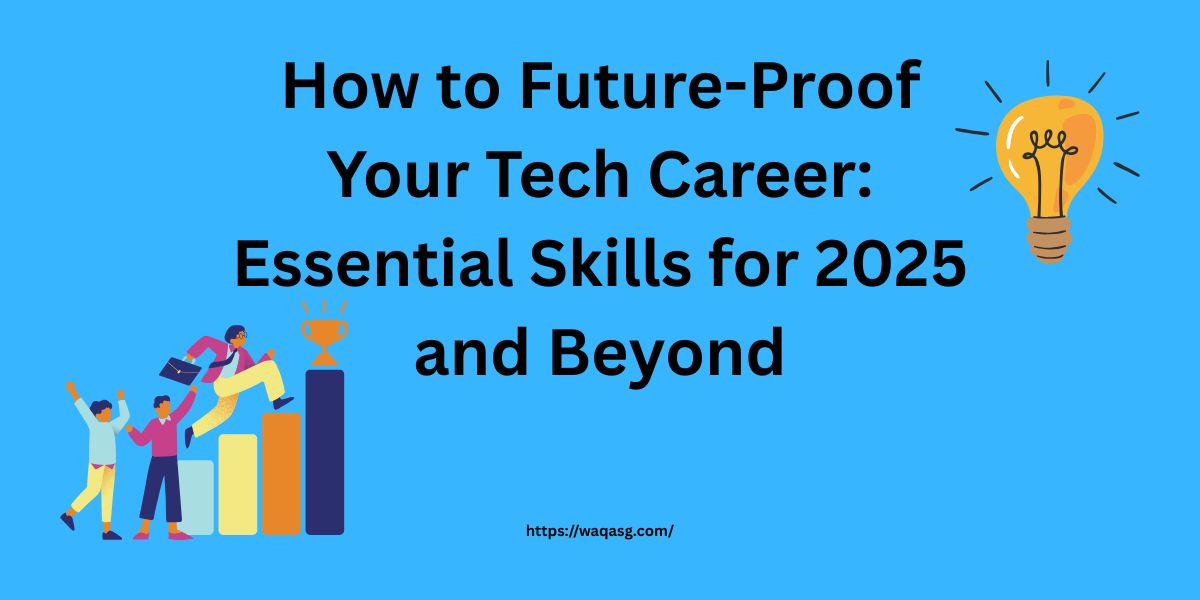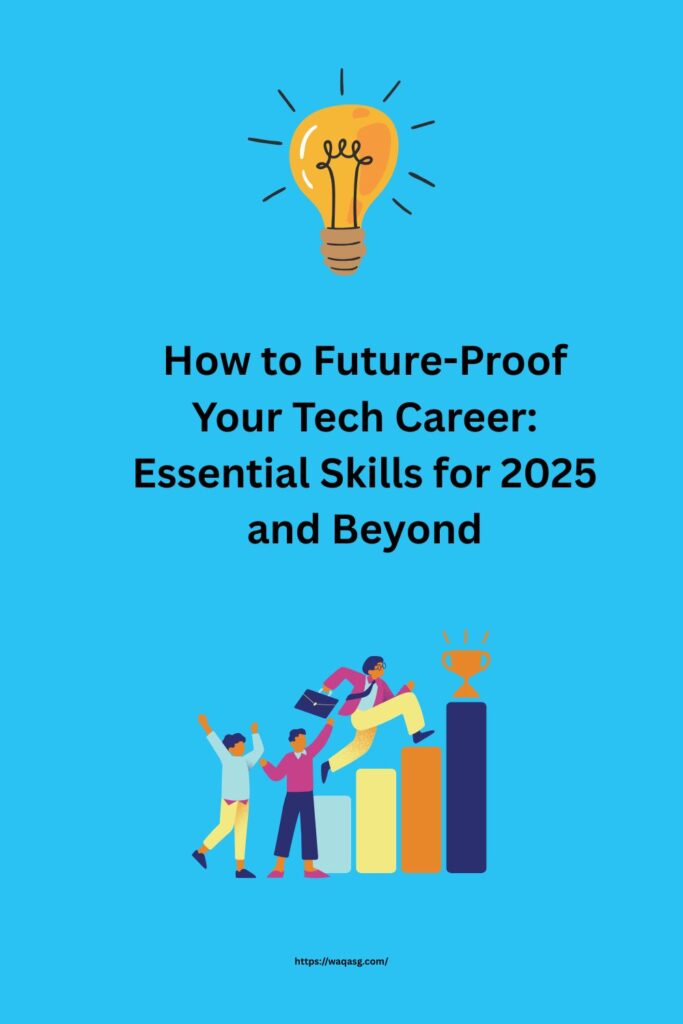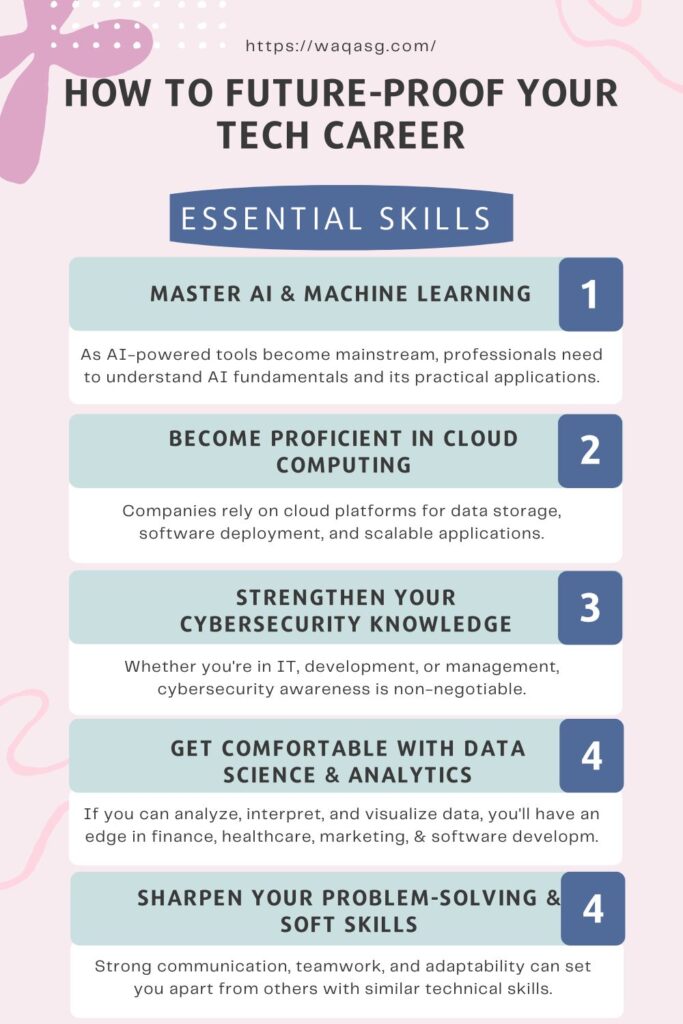How to Learn AI and Machine Learning from Scratch
The Artificial Intelligence (AI) and the Machine Learning (ML) technologies are transforming industries at an unprecedented pace, through driving innovation across fields like healthcare, finance, cybersecurity, and automation. Lets take an example from self-driving cars to personalized recommendations on streaming platforms. The AI and ML are shaping the way we interact with technology daily. By having the increasing demand for AI professionals, now is the perfect time to start learning these cutting-edge technologies.
Whether you’re a complete beginner with no prior coding experience or someone with a programming background looking to expand into AI and ML, this guide provides a structured, step-by-step approach to help you navigate the learning process. By mastering fundamental concepts, working on real-world projects, and staying updated with industry trends, you can unlock countless opportunities in this fast-growing field. Let’s dive in!
1. Understanding the Basics of AI and ML
Before jumping into coding and algorithms, it’s essential to grasp the fundamental concepts:
- Artificial Intelligence (AI): The simulation of human intelligence in machines.
- Machine Learning (ML): A subset of AI that allows machines to learn from data.
- Deep Learning: A more advanced subset of ML that uses neural networks to analyze vast amounts of data.
For a deeper understanding of how AI is shaping industries, check out The Future of Artificial Intelligence in Software Development and The Role of Artificial Intelligence in Modern Healthcare.
2. Learn the Prerequisite Skills
To effectively learn AI and ML, you need a solid foundation in the following areas:
- Mathematics: Linear algebra, probability, statistics, and calculus.
- Programming: Python is the most popular language for AI and ML development.
- Data Science: Understanding data manipulation, visualization, and analysis.
If you’re interested in securing your data while working with AI, read How to Secure Your Devices and Data in 2025.
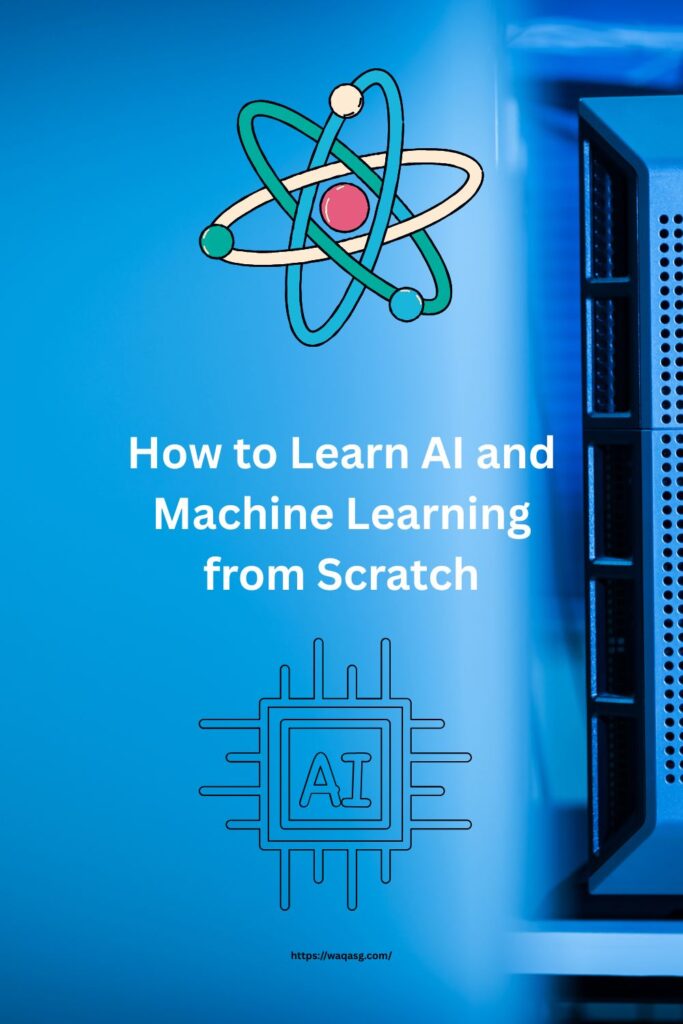
3. Get Hands-On with Python Programming
Python is widely used in AI and ML due to its simplicity and vast libraries. Some must-learn libraries include:
- NumPy and Pandas for data manipulation.
- Matplotlib and Seaborn for data visualization.
- Scikit-learn for basic ML algorithms.
- TensorFlow and PyTorch for deep learning.
If you’re struggling with a slow computer while coding, check out How to Fix a Slow Laptop: 7 Proven Speed Boosts.
4. Explore Machine Learning Algorithms
Machine learning models can be broadly classified into:
- Supervised Learning: Algorithms like Linear Regression, Decision Trees, and Neural Networks.
- Unsupervised Learning: Clustering algorithms like K-Means and Principal Component Analysis (PCA).
- Reinforcement Learning: Algorithms like Q-Learning and Deep Q Networks (DQN).
For more insights into AI’s impact on the future, read AI Revolution: How Artificial Intelligence is Shaping Our World.
5. Work on Real-World Projects
Applying AI and ML concepts in real-world projects enhances your learning. Some beginner-friendly projects include:
- Sentiment analysis of customer reviews.
- Spam email detection.
- Image classification using deep learning.
If you want to create visually appealing content for AI projects, check out How to Create Stunning Images, Engaging Content, and Eye-Catching Graphics.
6. Leverage AI in Your Daily Life
AI is not just for experts; it can improve productivity in various ways. Learn more in How to Use AI to Boost Productivity in 2025 and Unlocking Personal Growth: How to Use AI to Enhance Your Life.
7. Stay Updated and Keep Practicing
AI and ML are rapidly evolving fields, so continuous learning is essential. Stay updated by:
- Reading research papers on arXiv and Google Scholar.
- Enrolling in courses on Coursera, Udacity, or edX.
- Joining AI communities and forums like Kaggle and GitHub.
For insights into the broader tech landscape, explore The Future is Now: How Cutting-Edge Tech is Changing Everything.
Conclusion
Learning AI and Machine Learning from scratch may seem daunting, but with the right approach, structured learning, and consistent practice, you can develop expertise in these fields. Start by building a strong foundation in mathematics, programming, and data science. Apply your knowledge by working on real-world projects and experimenting with different machine learning algorithms. Stay engaged with the latest industry trends, research papers, and AI communities to continuously refine your skills.
AI and ML are shaping the future, and by investing your time and effort now, you can open doors to exciting career opportunities and innovative projects. Whether you’re looking to advance your professional career, launch a startup, or simply explore AI for personal growth, there’s never been a better time to begin. So take that first step today—your AI journey starts now!
For more insights on staying ahead in the tech industry, check out How to Future-Proof Your Tech Career: Essential Skills for 2025 and Beyond.
